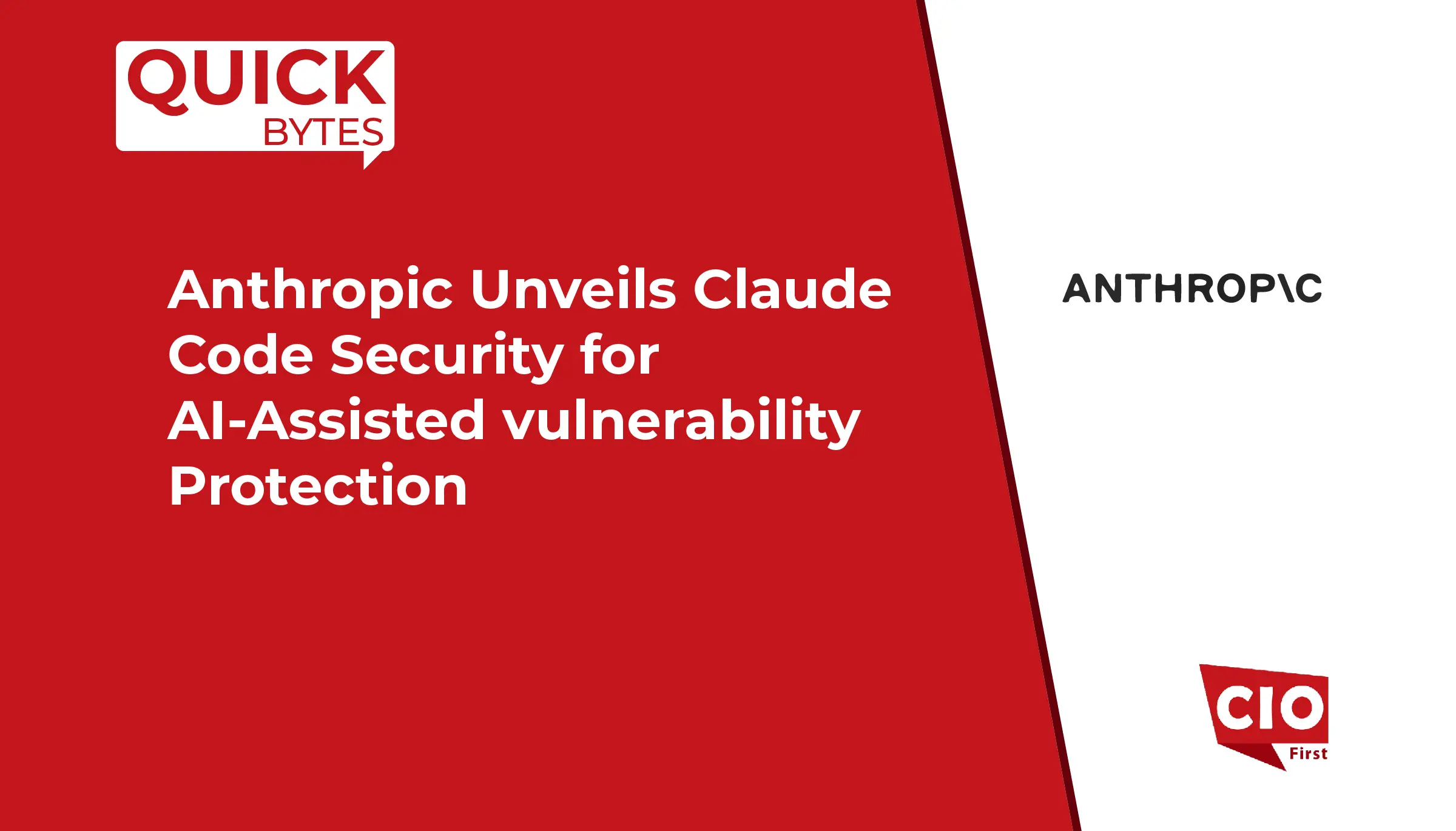Ontotext, the leading global provider of enterprise knowledge graph (EKG) technology and semantic database engines, announced the immediate availability of Ontotext Metadata Studio (OMDS) 3.7, an all-in-one environment that facilitates the creation, evaluation, and quality improvement of text analytics services. This latest release provides out-of-the-box, rapid natural language processing (NLP) prototyping and development so organizations can iteratively create a text analytics service that best serves their domain knowledge.
As part of Ontotext’s AI-in-Action initiative, which helps data scientists and engineers benefit from the AI capabilities of its products, the latest version enables users to tag content with Common English Entity Linking (CEEL), the next generation class-leading text analytics service and recognize roughly 40 million Wikidata concepts. CEEL is trained to tag mentions of people, organizations, and locations to their representation in Wikidata – the biggest global public knowledge graph that includes close to 100 million entity instances. With OMDS, organizations can recognize approximately 40 million Wikidata concepts, and streamline information extraction from text and enrichment of databases and knowledge graphs.
“While large language models (LLMs) are good for extracting specific types of company-related events from news sources, they cannot disambiguate the names to specific concepts in a graph or records in a database,” said Atanas Kiryakov, CEO of Ontotext. “Ontotext Metadata Studio addresses this by enabling organizations to utilize state of the art information extraction so they can make their own content discoverable through the worlds biggest public knowledge graph dataset.”
With OMDS 3.7 organizations can:
- Enhance content discoverability by linking entity mentions in text to their corresponding Wikidata entries. Readers now have instant access to additional global knowledge context.
- Automate tagging and categorization of content to facilitate more efficient discovery, reviews, and knowledge synthesis.
- Enrich content, achieve precise search, improve SEO, and enhance the performance of LLMs and downstream analytics.
- Streamline information extraction from large volumes of unstructured content and quickly analyze market trends.
This latest offering further allows users to perform entity linking against their own taxonomies and reference data. By easily combining and interlinking organizational and domain knowledge with the global body of reference of Wikidata, and with powerful modeling capabilities, intuitive interface and detailed reporting capabilities, organizations can create a single cohesive knowledge graph that improves the accuracy and quality of text analytics services.
SOURCE: PRNewsWire


























